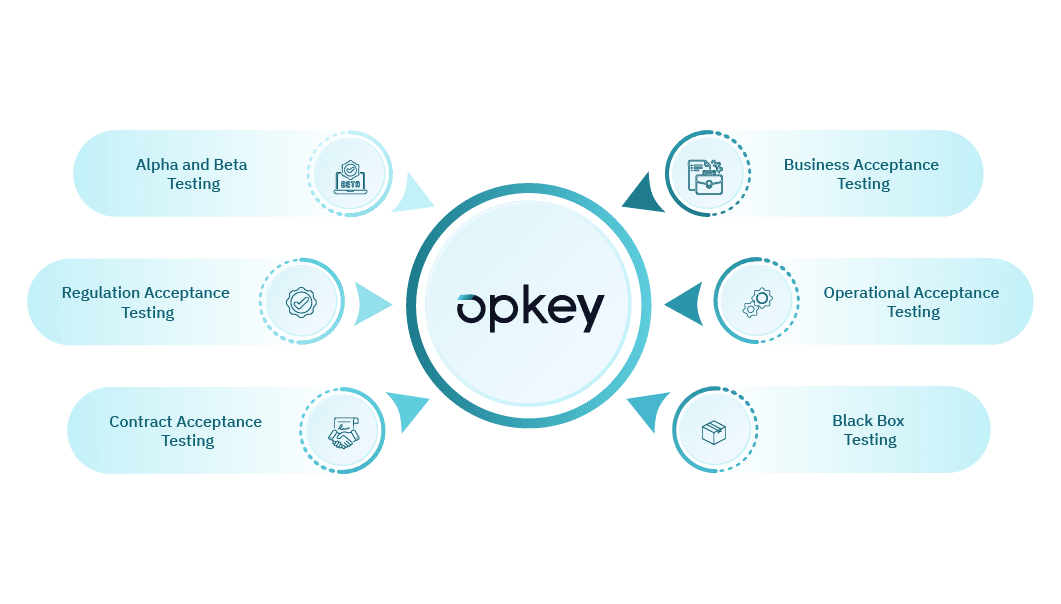Workday is a great enterprise resource planning system. It can enhance employee productivity and maximize operational efficiency. However, this can only be achieved if your business users embrace your Workday system seamlessly. This is where UAT testing comes in.
What is UAT testing in Workday
User acceptance testing (UAT) is a critical testing type that ensures that Workday has been configured properly and allows business users to perform their daily tasks confidently.
The main objective of Workday user acceptance testing is to ensure that the system is fit for its intended use from the viewpoint of the end user. UAT serves more as an evaluation of the processes configured.
UAT requires involvement of business users since they are the ones who will use the system to carry out routine activities.
Read next: User Acceptance Testing: The Key to ERP Implementation Success
As a part of QA team, business users are responsible for:
- completing UAT scenarios as delivered; and
- giving feedback on any critical issues on completion of scenarios.

Best practices for successful Workday UAT
Best practices for user acceptance testing are listed below:
Assemble the right team
Getting the right people on the testing team is critical for UAT success. Often, organizations bring in functional testers for UAT. However, this is a wrong practice since functional testing is different from UAT.
Functional testing takes care of the functional parts only while UAT is the last testing type that is carried out before the software goes live. UAT provides end users the opportunity to validate whether or not the Workday system supports day-to-day business processes.
Only after they thumbs up the Workday, it is rolled out to production. Thus, you need to bring in business users as they are familiar with the details of their everyday routines.
Plan your tests
Once you’re done with selection of the team, you need to plan out for tests. Planning part should include a detailed description of who will do what, when, where, and why.
Communicating testing results by email is not only slow but it also makes it difficult to track the bug fixing. Bugs discovered during UAT should be reported with lots of specific information so that development teams can quickly understand and fix them. Bring in a test automation platform that allows business users to seamlessly take screenshots or recordings and forward these details to development teams.
Document every scenario and test
Proper documentation is vital for a successful UAT. The Use cases and scenarios, test automation scripts, exit criteria along with reports and conclusions need to be documented properly.
Business users are supposed to create and execute the test cases. You need to empower them with the right test automation tools.
As they’re non-technical folks, you need to equip them with no code test automation platform that can be operated without programming knowledge.
Proper documentation will help your organization in testing Workday updates also.
UAT Exit Criteria
Before the UAT stage is complete, it is must that it should meet these Exit Criteria:
- All necessary test scenarios should be executed by UAT testers.
- The development team should successfully review and address all critical defects.
- Exit reports should be submitted that include all the defects encountered and the status of each.
Read next: How UAT Testing Leads to Higher ERP User Adoption
Conclusion
Workday is critical for your organization’s success. UAT encourages its adoption and infuses confidence among business users. To ensure successful UAT, end users must be supported with no code test automation platform like Opkey that allows their active participation in the testing process. Opkey is industry’s leading test automation platform that supports UAT of 14+ enterprise applications including Oracle UAT, SAP UAT, and Salesforce UAT.





